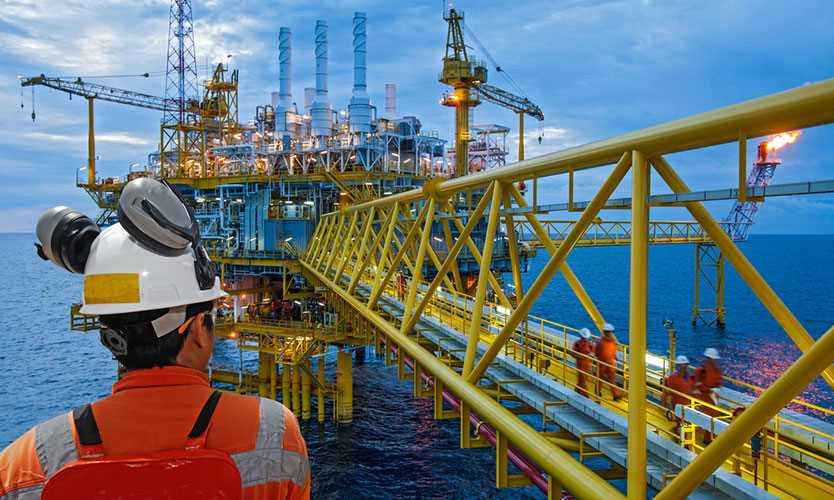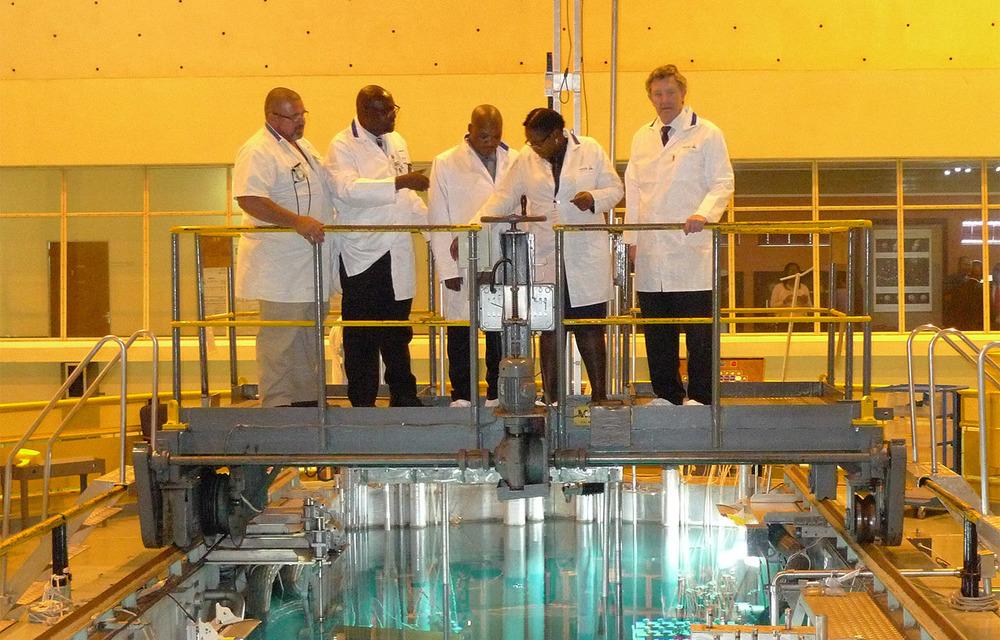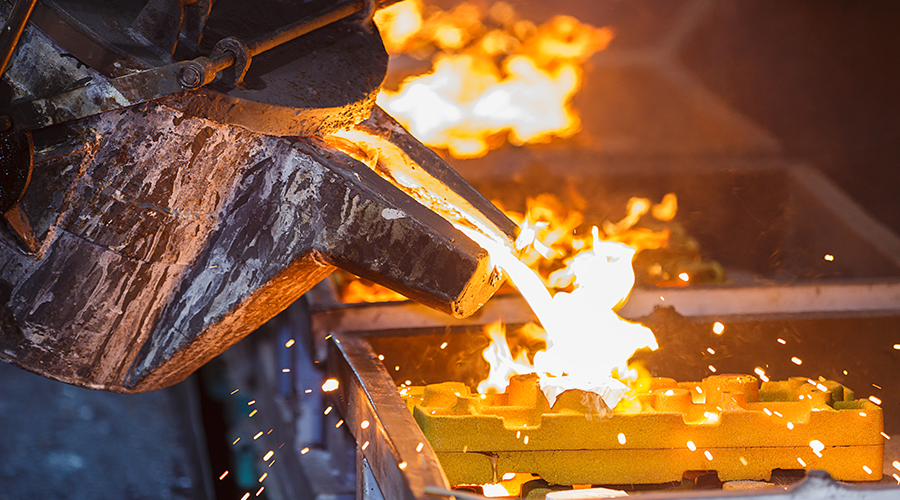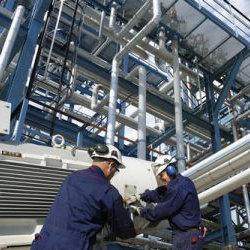Explore Our Bill Payment Services:

- Salary And Allowance
- Engineers Salary
- South Africa
Salary And Allowance Structure For Petroleum Engineers In South Africa
Petroleum engineering is one of South Africa’s most lucrative and technically demanding engineering disciplines. Responsible for designing, developing, and optimizing subsurface oil and gas extraction, petroleum engineers play a vital role in the energy sector. But how much do they earn—and how do rewards shift as their careers evolve? Let’s dive into a complete breakdown of pay scales, progression, and benefits for petroleum engineers in South Africa.
Salary Snapshot: A Broad Overview
Petroleum engineers in South Africa can expect a dynamic salary range that reflects differences in experience, role complexity, and industry segment.
-
On average, a petroleum engineer earns around R520,800 per year, which translates to approximately R42,100 per month.
-
At the entry level, newly graduated engineers typically begin at around R220,000 to R260,000 annually.
-
Mid-to-senior professionals can command salaries in the R900,000 to over R1,000,000 range.
-
Some data sources suggest salary ranges spanning R300,000 up to R2,000,000 annually, anchored to seniority and sector demand.
-
A more moderate estimate pegs the median salary near R409,000 annually, or roughly R34,000 per month, with typical ranges spanning R200,000 to R637,000.
-
Specifically, monthly salaries often fall between R16,700 at the lowest, R34,700 as a mid-level average, and R53,100 at the top.
Key takeaway: Salaries in petroleum engineering are highly stratified. Entry-level pay may seem modest, but strong growth potential awaits with experience and specialization.
How Earnings Rise with Experience
Experience plays a pivotal role in shaping compensation. The typical progression looks like this:
| Experience Level | Monthly (ZAR) | Annual (ZAR) | Approx. Increase |
|---|---|---|---|
| 0–2 years | ~19,800 | ~R237,600 | — |
| 2–5 years | ~25,400 | ~R304,800 | +29% |
| 5–10 years | ~35,100 | ~R421,200 | +38% |
| 10–15 years | ~43,500 | ~R522,000 | +24% |
| 15–20 years | ~46,600 | ~R559,200 | +7% |
| 20+ years | ~49,700 | ~R596,400 | +7% |
By two decades in the field, many petroleum engineers see a 2.5–3× increase over their starting salary—a testimony to the value of accumulated experience.
The Education Edge
Educational qualifications translate directly into higher earnings:
-
A petroleum engineer with a Bachelor’s degree typically earns around R296,000 per year (~R24,700 per month).
-
Holding a Master’s degree boosts that to around R475,700 per year (~R39,600/m), a substantial 60% increase.
Investing in postgraduate education pays tangible financial dividends—especially valuable for engineers eyeing specialized roles or leadership paths.
Job Location and Salary Differences
Location influences pay notably in this industry:
-
In Johannesburg, median monthly salaries sit around R34,100, though ranges can vary by experience level.
-
Broader Gauteng region averages are slightly higher, with typical monthly rates around R38,800.
-
Other cities—such as Cape Town—hover near the national average, but still show variance depending on cost of living and industrial activity.
Urban hubs and regions tethered to oil and gas operations tend to offer higher wages. Engineers in remote or rural areas may earn less in base salary but sometimes receive offsetting allowances (covered below).
Gender Disparities in Pay
Unfortunately, gender still plays a role in earnings:
-
Male petroleum engineers earn, on average, about 8% more than their female counterparts—roughly R35,100 vs. R32,600 per month.
-
Addressing this gap requires systemic change, including transparent compensation policies and proactive salary negotiation.
Allowances, Bonuses & Extras
Beyond base pay, total compensation is enriched by several additional components:
Bonuses & Raises
-
Salary increments typically occur around every 17 months, with an approximate 12% increase per cycle.
-
Around 55% of petroleum engineers receive bonuses, commonly in the 3–6% of annual salary range.
Additional Benefits
Many oil and gas roles include:
-
Performance bonuses tied to project milestones.
-
Travel or field allowances, especially for operations in remote locations or offshore.
-
Medical aid, life insurance, and pension contributions as part of benefits packages.
-
Vehicle or housing allowances in roles requiring frequent travel or relocation.
-
Funding for professional development, such as certifications or postgraduate education.
These extras significantly boost take-home pay and make petroleum engineering packages more attractive, especially given the demanding nature of the work.
Summary Table: Salary Breakdown
Here’s a consolidated view of earnings:
| Category | Monthly (ZAR) | Annual (ZAR) |
|---|---|---|
| Entry-level (0–2 yrs) | ~19,800 | ~R237,600 |
| Early Career (2–5 yrs) | ~25,400 | ~R304,800 |
| Mid-Career (5–10 yrs) | ~35,100 | ~R421,200 |
| Senior (10–15 yrs) | ~43,500 | ~R522,000 |
| Expert (15–20 yrs) | ~46,600 | ~R559,200 |
| Veteran (20+ yrs) | ~49,700 | ~R596,400 |
| Bachelor’s Degree Holders | ~24,700 | ~R296,000 |
| Master’s Degree Holders | ~39,600 | ~R475,700 |
| Median Across All Roles | ~34,100 | ~R409,000 |
| National Average Base Salary | ~42,100 | ~R520,800 |
| High-End Potential (Specialized/Senior) | — | ~R885,600–R1,018,400+ |
Final Thoughts: Unlocking Potential in Petroleum Engineering
Petroleum engineering remains one of South Africa’s most financially rewarding engineering domains. Here’s how you can maximize your career earnings:
-
Start Strong
Entry-level salaries may seem modest, but the field offers structured progression. Early experiences pave the way for leadership. -
Build Experience Strategically
Every 2–5 years marks significant pay jumps. Seek roles that deepen your technical expertise and managerial capabilities. -
Invest in Education
A Master’s degree significantly elevates earning potential and opens doors in complex operations like reservoir simulation or production optimization. -
Mind Your Region
Consider positions in regions with higher demand—urban centers or oil-rich zones often come with premium compensation. -
Maximize Benefits
Don’t just negotiate salary—ensure your compensation package includes performance incentives, travel aid, and career development support. -
Close the Gender Gap
Stay informed, advocate for fair pay, and utilize transparent salary data in negotiations.
Petroleum engineering offers a high ceiling for salary growth, especially for professionals who strategically build experience, credentials, and networks.









